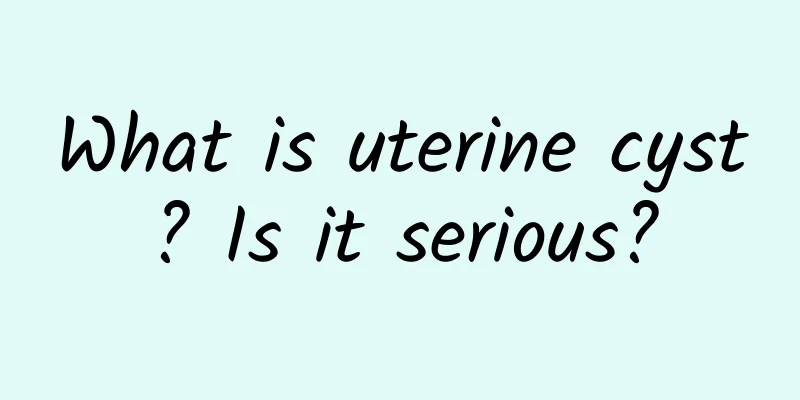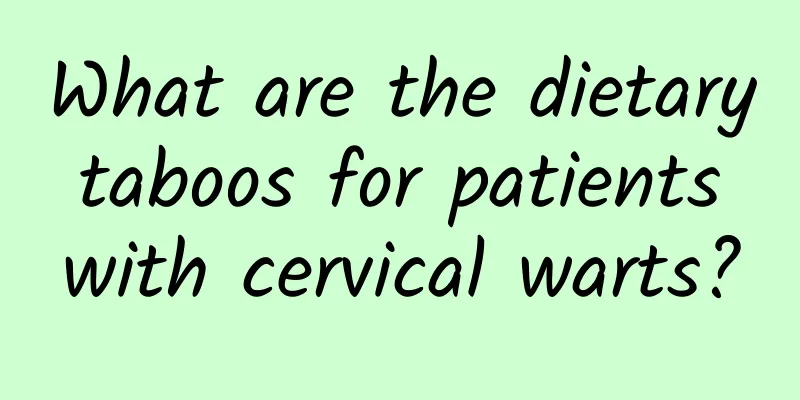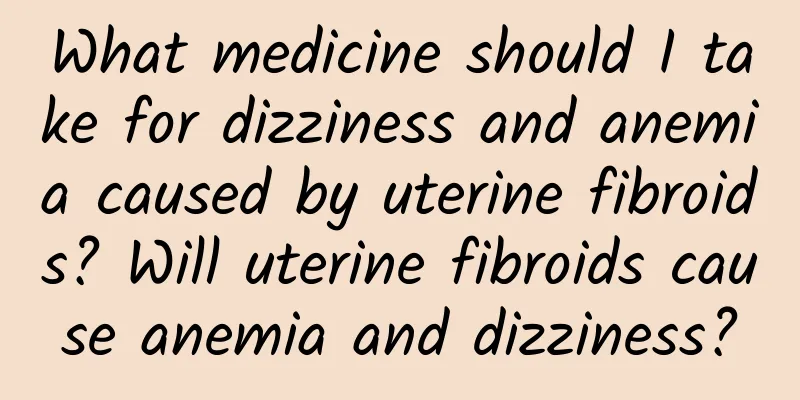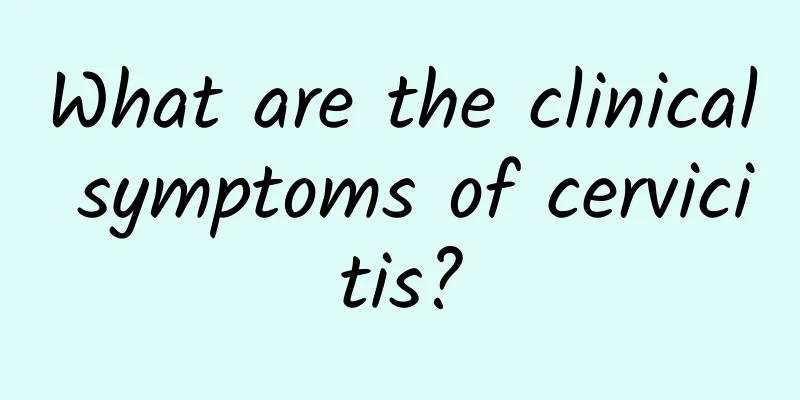What is uterine cyst? Is it serious?

|
Uterine cysts generally refer to cystic lesions in the uterus or surrounding tissues. They are not always serious for women's health, but whether they need treatment depends on the specific type and symptoms. Causes of uterine cysts include hormonal changes in the body, external infections, and pathological factors. They can usually be treated through observation, drug therapy, or surgical intervention. 1Main causes of uterine cysts The formation of uterine cysts is often related to the following factors: Hormone imbalance: Excessive estrogen levels in the body may cause endometrial hyperplasia or ovarian dysfunction, leading to cyst formation. Infection and inflammation: Recurrent pelvic infections, sexually transmitted diseases, or endometritis may trigger lesions that lead to cyst formation. Pathological causes: Complications of pathological problems such as uterine fibroids and adenomyosis may lead to cyst formation. Some malignant lesions such as cancer-related metastasis may also manifest as cystic appearance. Genetic and age factors: Family heredity and fluctuations in hormone levels in women before and after menopause may increase the likelihood of cysts. 2 Common symptoms of uterine cysts Some women may have no symptoms and only discover it during physical examination or B-ultrasound; some patients may have the following symptoms: irregular menstrual cycle, excessive or insufficient menstrual flow, dull pain or pressure in the lower abdomen, pain or discomfort during sexual intercourse. If accompanied by severe pain, obvious lower abdominal mass or abnormal bleeding, you should see a doctor immediately to check for malignant lesions. 3 Treatment methods for uterine cysts Observation and follow-up: For asymptomatic, small functional cysts, regular follow-up and observation can be performed under the doctor's advice, and no immediate treatment is required. Drug intervention: For cysts caused by hormone imbalance, oral contraceptives or progesterone drugs can be used to regulate endocrine. Antibiotics are suitable for infection-related lesions. For example: Diane-35 adjusts hormones, levofloxacin treats inflammation, etc. Surgical treatment: When the cyst is large, has a tendency to be malignant, or has a significant impact on the quality of life, interventional surgery is the main method: Conventional surgery includes laparoscopic cystectomy, partial hysterectomy or total hysterectomy, depending on the severity of the condition. Women who have symptoms of suspected uterine cysts should seek medical attention in time to confirm the cause, and undergo medical examinations to determine whether the condition is serious and choose appropriate treatment methods. In daily life, it is recommended to pay attention to personal hygiene, have regular gynecological examinations, eat a balanced diet, and maintain a regular schedule to reduce the possibility of cysts. If a cyst is found during a physical examination, there is no need to be overly anxious. You can take scientific measures according to the doctor's advice. |
<<: I got pregnant with a uterine cyst.
>>: Bartholinitis is getting more and more painful. What should I do?
Recommend
Will congenital absence of vagina affect menstruation?
Will congenital absence of vagina affect menstrua...
How to treat vulvar itching
The care methods for vulvar itching are of concer...
How to prevent cervicitis in daily life
Cervicitis is a common disease among middle-aged ...
Symptoms of cervical hypertrophy are accompanied by pain in the lower abdomen and lumbar sacral region.
Experts point out that when the symptoms of cervi...
What causes a girl to have uterine fibroids? What causes a girl to have uterine fibroids?
Many people think that uterine fibroids are exclu...
Cervical erosion can be divided into many types according to different properties.
Cervical erosion can be divided into many types a...
Things that patients with cervical hypertrophy should pay attention to in life
Cervical hypertrophy is a common gynecological di...
How to treat multiple ovarian cysts? Can you get pregnant?
Polycystic ovary syndrome is a common disease in ...
What are the prevention methods of vulvar leukoplakia?
Vulvar leukoplakia is a very complicated disease,...
What to eat is good for uterine fibroids? Is it good to have sex with uterine fibroids?
What to eat is good for uterine fibroids? This is...
Typical symptoms of acute cervicitis
Cervicitis is a common disease among women. The m...
Lose weight and avoid it? 4 tips to eat the right starch to lose weight
"If you want to lose weight faster, you'...
What causes multiple uterine fibroids? What are the hazards of multiple uterine fibroids?
Uterine fibroids are divided into two types: sing...
What are the symptoms of adnexitis?
What are the symptoms of adnexitis? Adnexitis is ...
To prevent dysmenorrhea, we must take good measures
Dysmenorrhea is a phenomenon that most women will...









